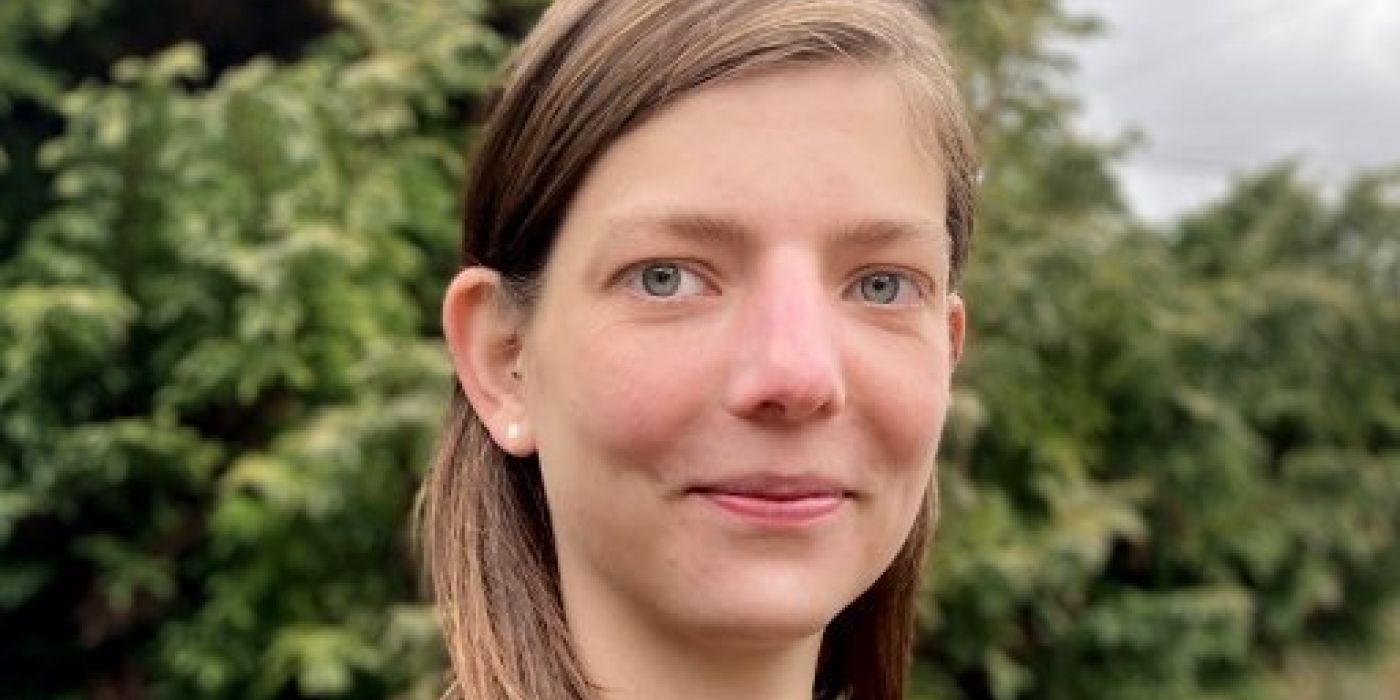Introducing: Irma Arts, Postdoc Work Package 1

I have been a postdoc (junior researcher) for the WildlifeNL project since March and will focus mainly on this first work package. I have a bachelor’s degree in biology and a master’s degree in social science, and have looked at human-animal interactions in the past as a researcher for the Dutch Forestry Commission (Staatsbosbeheer). I also supported projects on sustainable development in education and worked as a high school biology teacher.
In 2017, I left for Scotland to do my doctoral research. In this research, I looked at the use of smartphones andsocial media by people going into nature, and how it affected their experiences in and perception of nature. I completed the research 1.5 years ago and then worked as a researcher for the Scottish government. The WildlifeNL project appealed to me right away because it works transdisciplinarily, a way of research that is important if you are looking for appropriate solutions to complex issues. So it seemed like an excellent time for me to return to the Netherlands.
The project
WildlifeNL is a big project. For eight years we will work with over 30 people and 18 organizations to develop new forms of wildlife management, focusing on human-animal interactions. To this end, the research project has divided the work into several work packages. In the first year, work packages 1 and 2 will start. During the kick-off meeting of the project (March 30 -31) a first overview of these work packages was discussed with the consortium members. This blog will give a brief introduction of work package 1: wildlife management in the Netherlands
Transdisciplinary research
Work package 1 focuses on initiating collaboration among all partners. WildlifeNL is a transdisciplinary research project. This means that scientific and social partners jointly set up and carry out the research. Knowledge is exchanged, acquired and applied in practice. Diversity is important within transdisciplinary research, to achieve knowledge exchange and innovation, and solutions that actually work in practice. WildlifeNL therefore consists of a consortium of societal partners and scientists from different backgrounds. However, these different backgrounds can also lead to tensions as different ideas, expectations, visions and worldviews meet. In a transdisciplinary research project, it is therefore important to take the time as partners to get to know each other, express expectations and create an open, transparent and safe environment where everyone is being heard.
During the kick-off meeting, initial expectations were expressed, and there appeared to be a lot of energy to begin the project. However, we also saw challenges, such as ensuring that there will be practically implementable outcomes, that all different perspectives and interests will be heard and addressed, and that we will be listening to each other. Through dialogue training, workshops, individual conversations and moments of reflection, we will continue to initiate cooperation and ensure that all partners are comfortable with the implementation of the project.
Mapping wildlife management in the Netherlands
In addition to ensuring good cooperation, work package 1 will also focus on mapping the current wildlife management system in the Netherlands and identifying opportunities for change. Dutch wildlife management is a complex system that contains several levels, from the animals we interact with, to the communication between stakeholders, to the regulations and institutions that manage the system and the visions and worldviews that underlie it. We will discuss and outline all these points. Then we will try to understand how all the different elements influence each other.
In order to map this out, in addition to all consortium members, we will ask for input from a larger group of organizations and people with (practical) knowledge about Dutch wildlife management. The consortium will then consider where in the system there are opportunities for change when it comes to studying, understanding and changing human-wildlife interactions. We will also learn from abroad, to see what alternative ways of management are used in other countries, and whether these offer opportunities for the Netherlands.
Working together
Work Package 1 will be carried out by all consortium members together. As mentioned above, it is incredibly important to establish good cooperation. The questions that will be investigated in the other work packages will be prepared by all consortium members together. To guide this and identify opportunities for further research, I have been appointed as a postdoc (junior researcher) for the first 3 years of the project. I will organize several workshops and conduct literature research for the consortium during those 3 years. I will also conduct interviews with all consortium members about their views on human-animal interactions, as well as ask other stakeholders for their insights on Dutch wildlife management. All these activities will come together in the outcome of this work package: an overview of opportunities for change in Dutch wildlife management, which will inform the rest of the project.
Finally, I will also work with the core team to ensure that the safe, open conversation environment is maintained, and monitor how the project and collaboration is going. It is a project with tremendous ambition, and a large number of committed and enthusiastic people. I am therefore very much looking forward to getting work package 1 up and running.
In the next blog master student Wiggy Felstead will introduce herself and tell about her research.








